Assisted dying debate: The key questions
- Published
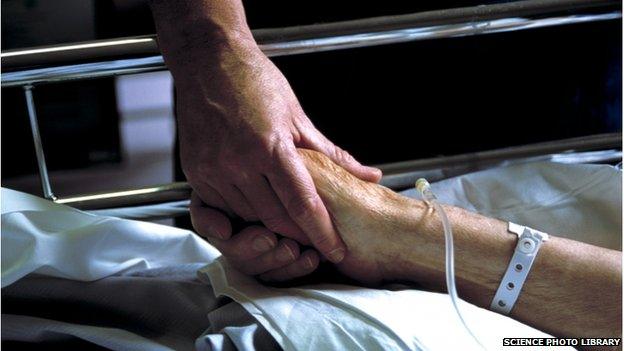
An Assisted Dying Bill is again being discussed in parliament.
Labour peer Lord Falconer's bid to introduce legislation ran out of time before the general election, but now the Labour MP Rob Marris is making a fresh attempt to bring through "right-to-die" laws. It will be debated in the House of Commons on Friday.
Who would be allowed an assisted death?
If the Assisted Dying Bill, external was passed it would apply to terminally ill patients in England and Wales.
They would need to be an adult with less than six months to live, mentally competent, informed of the alternatives and making the choice through their own free will.
Doctors would then prescribe a lethal dose of drugs to the terminally ill patient, which they must administer themselves.
So the legislation would not apply to people with locked-in syndrome as they would not be able to take the drugs themselves.

Who would make the decision?
Two independent doctors would be required to agree that the patient had made an informed decision.
And a High Court judge would review each case.
However, those opposed to the bill argue that legalising assisted dying could put vulnerable disabled elderly people under pressure to end their lives.

What is the current law?
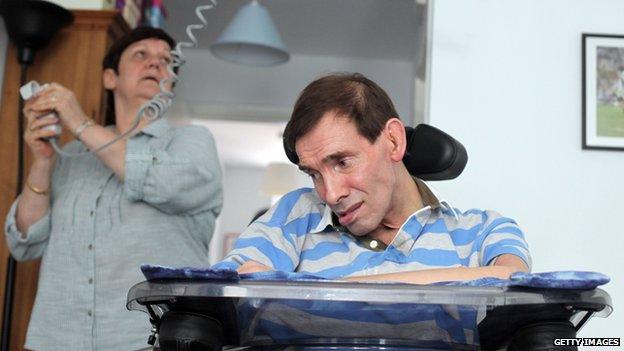
Tony Nicklinson, a man with locked-in syndrome, fought for the right to legally end his life
Euthanasia , which is considered as manslaughter or murder, is illegal under English law.
The Suicide Act 1961 makes it an offence to encourage or assist a suicide or a suicide attempt in England and Wales. Anyone doing so could face up to 14 years in prison.
The law is almost identical in Northern Ireland.
There is no specific law on assisted suicide in Scotland, creating some uncertainty, although in theory someone could be prosecuted under homicide legislation.

Have there been any previous attempts to change the law?
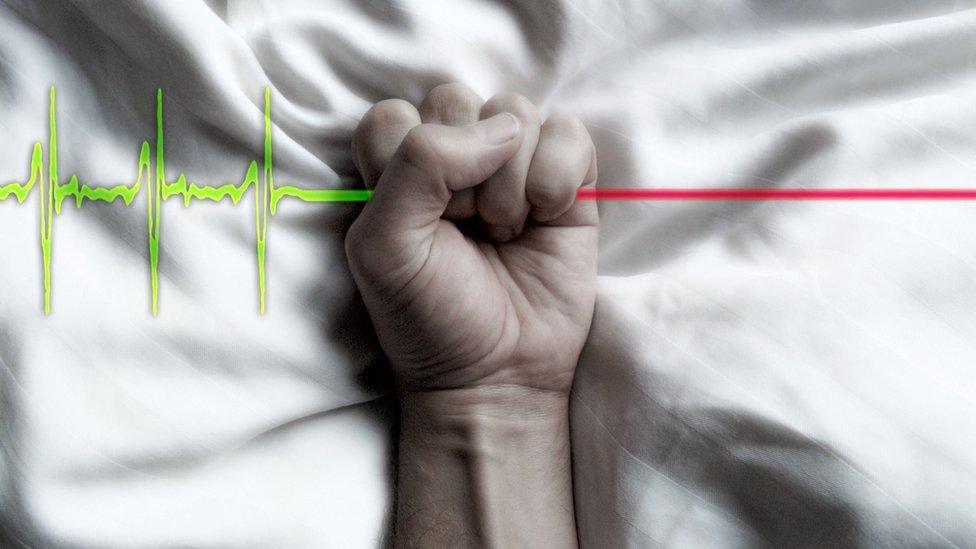
There have already been several attempts to legalise assisted dying, but these have been rejected.
The Commission on Assisted Dying, external, established and funded by campaigners who have been calling for a change in the law, concluded in 2012 that there was a "strong case" for allowing assisted suicide in England and Wales for terminally ill people.
But parts of the medical profession, some disability rights groups and religious leaders, among others, argue that the law should not be changed because it is there to protect the vulnerable in society.
A Lord Falconer bill was also debated in the Lords, but ran out of time before the end of the parliament.

What is the situation abroad?
Assisted dying is legalised and regulated in the US states of Oregon and Washington.
Belgium and the Netherlands have introduced legislation to allow voluntary euthanasia.
Switzerland has allowed assisted suicide since 1942. Lethal drugs may be prescribed but the recipient must play an active part in administering them.
More than 1,000 people have died at Dignitas since it was set up in 1998.

What positions are being taken on assisted dying?
.jpg)
MP Rob Marris's Assisted Dying Bill will be debated in the House of Commons
The official position is that the Church of England is firmly opposed to assisted dying.
But Desmond Tutu and Lord Carey, the former archbishop of Canterbury, have both argued in favour recently.
The medical profession is also split. The British Medical Association opposes all forms of assisted dying, while the Royal College of Nursing takes a neutral stance.
Based on a survey of its members last year, the Royal College of Physicians says it does not believe a change in the law is necessary.
- Published17 July 2014
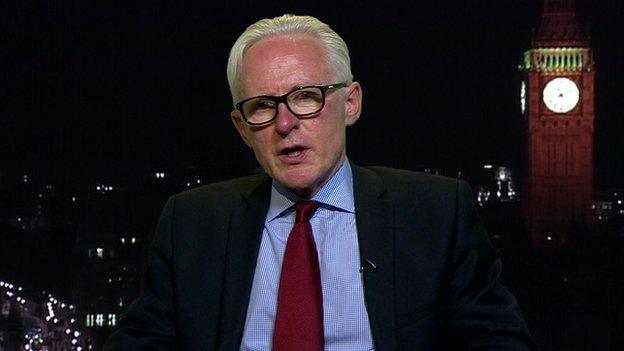
- Published16 July 2014

- Published17 July 2014
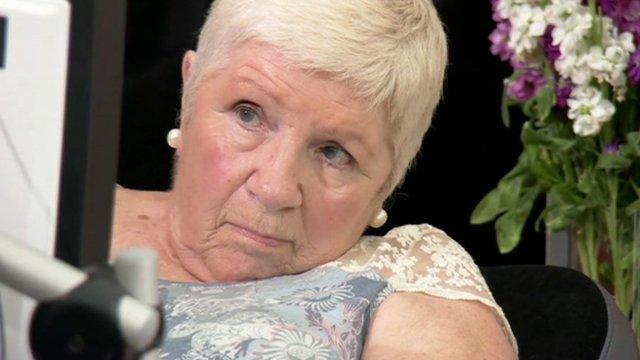
- Published17 July 2014
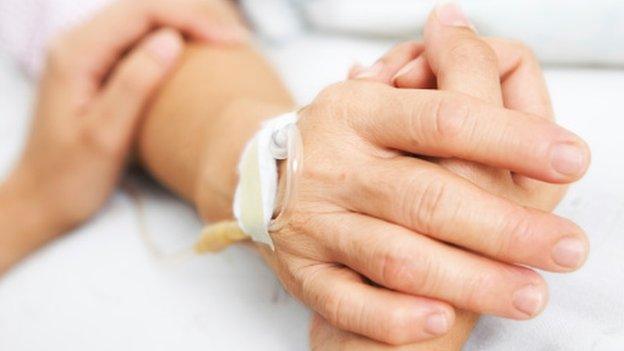
- Published16 July 2014
